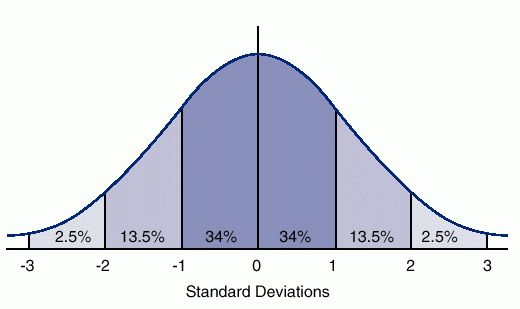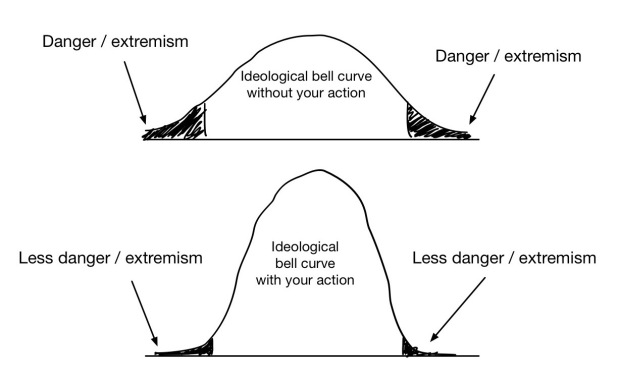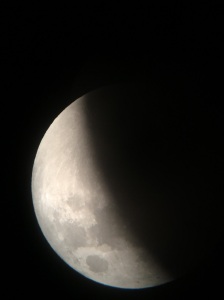
Dear Russell and Friends,
I’m back a week now and so happy to be so. The cobwebs of jetlag are clearing. I’m so appreciative of Russell’s Paean to a Peon in the last post. I thought I would add my perspective. When will I speak of the impact of visiting Israel? Not for some time. There is so much to digest before I’m ready to synthesize and share.
Last night we drove the 1.5 hours needed to pick up our oldest son at his dorm and take him out to dinner with his brothers. We met two friends of his from high school out on a dinner date and discreetly enquired as to their social status. He said they said they were friends. They looked happy, compatible and able to enjoy each others company. P1 said it with a twinkle in his eye. “Yeah – – we’ve tried to tell them there’s more to it.”
Perhaps our young friends are discovering what the older crowd knows. ‘Just friends’ is a middle school perspective. Friendship lasts when passion fades. What then is the difference between love and friendship and how does it relate to my friend Russell and me?
Love is a decision. For a follower of Christ it is a command. Love God. Love others. It has a description:
Love is patient and kind; love does not envy or boast; it is not arrogant 5 or rude. It does not insist on its own way; it is not irritable or resentful; 6 it does not rejoice at wrongdoing, but rejoices with the truth. 7 Love bears all things, believes all things, hopes all things, endures all things. 1 Corinthians 13: 4-7
It is hard. At least for me. Despite Russell’s insistence, I’m not kind by nature. I actually enjoy sarcasm and that can be quite rude. I am irritable and prone to resentment. I don’t bear all things, don’t hope in all things. Don’t endure. Love is hard. But to love and be loved brooks no description. It is air and you only notice it when it isn’t there. Loving Russell was a choice. I loved him because God loved him and I honestly admired him for the way he served his wife and daughters and cared deeply about the effects of his deconversion for them.
So, what is friendship? I’m not sure that it is as much a decision. It is actually harder to build than love in my opinion. Friendship is aided by such things as common interests and disinterests. Much of what Russell and I enjoy is spawned from the common interest of science. Do our interests diverge? Of course. Even in science my competency tends towards psychology & biology and his towards physics, math, engineering, computer science, formal logic … (you get the idea).
Friendship requires – – time. I used to say that time was the currency of love. That is true as far as it goes, but it is likely more true of friendship. I can love someone out of respect for God and his commands or out of respect for a fellow human and her intrinsic worth as a co-member of the race. I need not know her to treat her with love. I only need the work of: patience, kindness, humility, pliability, and selflessness. Only that. Easy, right? But friendship takes time.
So what if you start with friendship? That is what happened with my wife. We talked, walked, listened, wrote letters and realized that we enjoyed each other’s company. We were teens and next enjoyed each other’s embrace then married and enjoyed sharing more and more of life. But we were friends. Still are. In marital love, friendship is an antibody to despair and divorce.
Russell and I inverted the process – – we started with a brotherly love. The friendship has been building.
I’m curious as to the advice you might give another – – friendship, love, both? How does it work for you?
Pascal – – 1:16
photo credit: By Pictofigo (Own work) CC BY-SA 3.0 via Wikimedia Commons








